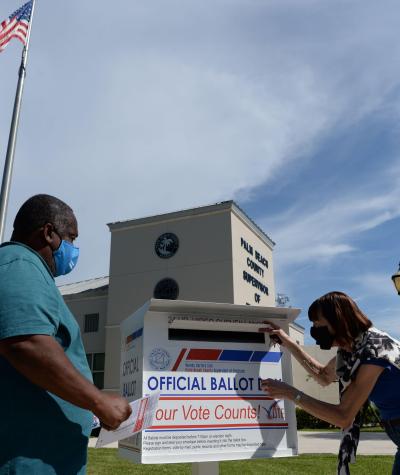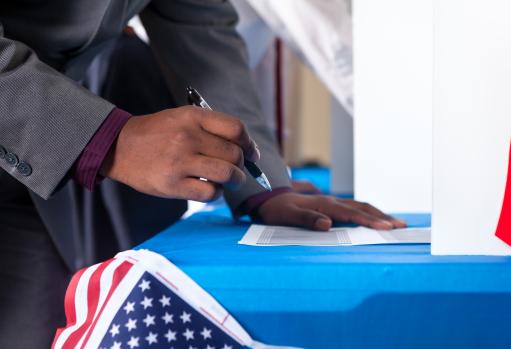The 2020 general election saw record voter turnout, breaking records for the highest number of votes cast for a presidential candidate, as well as the number of votes cast for the losing candidate.
This was made possible by safe, secure voting policies that were adopted in most states to keep people safe during the COVID-19 pandemic. These policies proved secure and successful, with election observers — bipartisan and nonpartisan, domestic and international — finding no serious irregularities.
Because of these policies, 100 million people were able to vote early — in-person or absentee — to avoid Election Day crowding.
Now, as Campaign Legal Center’s (CLC) Vice President Paul Smith says in a new video, voters are going to want these successful changes to stick around. They’re going to want the ability to request an absentee ballot without needing an excuse, and they’re going to want extended hours for in-person early voting.
In many states, voters have now gotten used to the idea that they have more time to vote, and that there are more convenient and accessible options for them to cast their ballot.
They know that this process is secure, with many jurisdictions allowing voters to track their absentee ballot and providing live video feeds of election canvassing. They’re not going to want their opportunities to cast their ballot compressed back down to a final day or couple of days.
We can expect that in many states, excuse-free absentee voting and extended in-person voting will be retained. This is a good thing. This will mean that voters will have more opportunities to cast their ballot and make their voice heard.
This is a step in the right direction, but there are still many barriers to voting that continue to affect large numbers of people, particularly in Black and Native American communities.
We need to continue to address issues such as lack of access to drop boxes or polling places or overly burdensome voter ID laws that disproportionately affect minority communities and continue to make it more difficult for them to access the ballot.
Democracy works best when all voters can participate without barriers.


